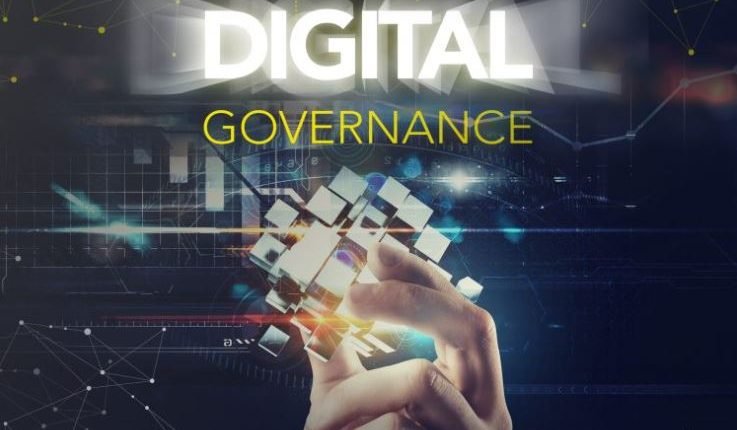Editorial . . . . . .
The government of Jammu and Kashmir has launched more than 200 online services for quick service delivery to its citizens with efficient feedback mechanisms as well as the recent launching of the e-Office File Management System of the UT of the Jammu and Kashmir government is indeed a historic move towards transparency and to do away with the painstakingly slow file processing in government offices. It will not only increase transparency in government but also guarantee the prompt release of official documents and assist in the establishment of an administration free from corruption. Further, e-Office will be introduced in a phase-wise manner in all departments of the UT government as well as in all the 20 districts of Jammu and Kashmir. They are expecting J&K to become the first UT to go fully digital. Main departments like Finance, Home, Health, Forest and Environment, GAD, DP, PWD, PDD, Revenue, and Water Resources among others have been on-boarded. One step ahead, as per sources laptop policy is also in pipeline for a particular scale of employees. This will encourage government workers to work remotely when traveling and on tours, or from home if a pandemic occurs. Digital is what propels us forward in today’s information age, thus it makes perfect sense to argue that the future of government will be paperless. Automated business processes are essential to achieving a paperless office. E-office is a step in the direction of automated, paperless administration. A recent order from the Prime Minister’s Office to all ministers is to become paperless with the goal of considerably increasing operational efficiency, bringing transparency, and improving overall operations. And this has accelerated the adoption of e-office throughout government agencies. E-office streamlines and streamlines a wide variety of administrative procedures. Day-to-day government activities are transformed, including meeting scheduling, managing end-to-end correspondences, responding to RTI requests, creating integrated knowledge archives, and supporting audits.
Worldwide, governments are undertaking steps to integrate IT into all administrative procedures. This is how e-government is thought of. Govt. administration by this will become more transparent and quick in response as well as accountable towards society. Massive costs are also saved as a result. It improves the efficiency, competence, transparency, and accountability of the entire administrative process. Paperless is the future and Jammu and Kashmir has adopted it now. Purchasing stationery for official purposes consumes a significant portion of government spending. For correspondence and written paperwork, stationery is frequently utilized. However, replacing them with cell phones and the internet can cut yearly costs by crores of rupees. Citizens in this system have instant access to any information they need with just a mouse click or the touch of a finger. However, for this to be effective, the government must make sure that all data is published in online information forms for the government and made publicly available. Transparency directly links to accountability. One can hold the government responsible for its acts once its functions are made available. We would like to say, LG administration’s launching of e-Office is a move in the right direction towards good governance. The LG administration seems to be very proactive. The government is consistently devoted to engaging with the general public and providing them with G2C services in a way that is transparent, simple to use, and easy to access. Indeed progressive initiatives towards better governance. Certainly to handle the interconnected complexity of the speed and synergy of emerging technologies, worldwide effects of technology, and broader social repercussions, this kind of governance is needed.




